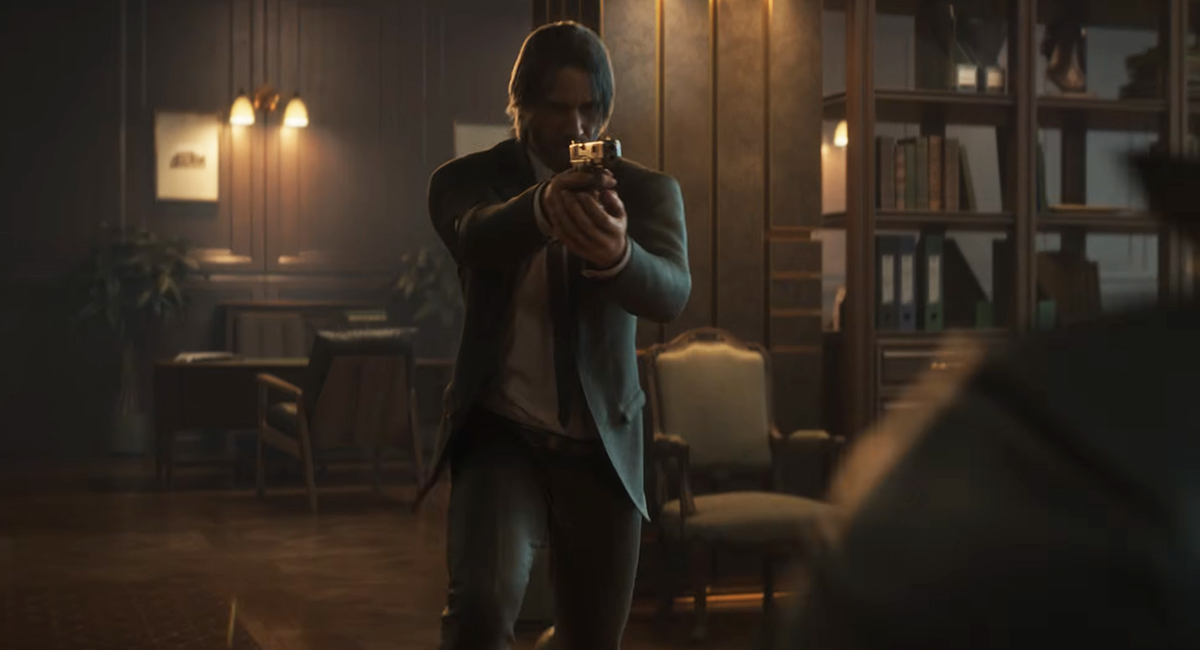Do you need a degree?
How important are qualifications to get ahead in today’s creative industry? Can you progress via the self-taught route?
Sign up to Creative Bloq's daily newsletter, which brings you the latest news and inspiration from the worlds of art, design and technology.
You are now subscribed
Your newsletter sign-up was successful
Want to add more newsletters?

Five times a week
CreativeBloq
Sign up to Creative Bloq's daily newsletter, which brings you the latest news and inspiration from the worlds of art, design and technology.

Once a week
By Design
Sign up to Creative Bloq's daily newsletter, which brings you the latest news and inspiration from the worlds of art, design and technology.

Once a week
State of the Art
Sign up to Creative Bloq's daily newsletter, which brings you the latest news and inspiration from the worlds of art, design and technology.

Seasonal (around events)
Brand Impact Awards
Sign up to Creative Bloq's daily newsletter, which brings you the latest news and inspiration from the worlds of art, design and technology.
Qualifications are essential for some professions, but how important are they in the design industry today? Do you need to be university educated, or is having the relevant skills and experience more important?
“It has to be talent over qualifications every time,” says True North co-founder and creative director Ady Bibby. “I love the idea of seeing people without formal qualifications. The chance to unearth raw, untapped talent burns quite strong. But by grafting for four or five years to get a qualification, you explore and develop your talent.”
Freelance designer Jordan Metcalf agrees: “Learning about typography, layout, the history of design and even how to effectively use creative software gives you a structured base that you’ll always have,” he explains.
For all self-styled mavericks wishing to buck trends, cause waves and shun clich, knowledge of what has been before, and why, is a useful starting point: “In an education, you’re told the rules,” says Falmouth alumnus Craig Oldham. “It’s the old Jan Tschichold thing: learn the rules before you break them.”
Studying isn’t all about nurturing theoretical dissent, though. It can also prepare you for the realities of work. “Fear put me into the industry in the second year of my degree,” recalls acclaimed typographer and illustrator Craig Ward, who got a 2.1 in Graphic Design and Illustration at Bucks New University. “I had no practical industry experience, so I did a string of terrifying placements, and when I graduated I was ready to make the most of my final placement, which became my first job.”
For Carlo Elias, co-art director at Smel Design Studio, a degree was essential for setting up his own studio: “As well as broadening my creative horizons, I also developed an awareness of the business side of things,” he says.
On the other hand, being self-taught can provide a unique outlook and enable you to develop a distinct personal style, as Metcalf points out: “College can make you overly critical, sometimes killing the charming originality that could make you successful.”
Gaining post-nominal letters also comes at a price, with new graduates often shouldering heavy debts. So is it worth it? The trick when evaluating the benefits of a qualification in the design industry is to be honest about your expectations, advises Ward. Expect more money? “The increase in money is pretty negligible,” he shrugs. “After gaining my degree I was never asked once in an interview what level I was educated to. Yet I can’t rate my time at university highly enough,” he adds.
“The most important things that Landor looks for in a candidate are talent and attitude,” says Peter Knapp, executive creative director, Europe and Middle East, Landor Associates.
“Formal experience can come from college and university, but spirit and raw ability are things that are preloaded, both of which are obviously present or absent in job seekers.”
In the end, a qualification is what you make of it – and the potential is there for you to make a great deal: “Having a degree will enable you to build friendships, work relationships and, in the case of the big agencies, you’ll probably be taken that bit more seriously,” Ward concludes. “A degree doesn’t guarantee you anything. But the experience, opportunities and the people who you meet are worth the price of admission alone.”
Sign up to Creative Bloq's daily newsletter, which brings you the latest news and inspiration from the worlds of art, design and technology.

The Creative Bloq team is made up of a group of art and design enthusiasts, and has changed and evolved since Creative Bloq began back in 2012. The current website team consists of eight full-time members of staff: Editor Georgia Coggan, Deputy Editor Rosie Hilder, Ecommerce Editor Beren Neale, Senior News Editor Daniel Piper, Editor, Digital Art and 3D Ian Dean, Tech Reviews Editor Erlingur Einarsson, Ecommerce Writer Beth Nicholls and Staff Writer Natalie Fear, as well as a roster of freelancers from around the world. The ImagineFX magazine team also pitch in, ensuring that content from leading digital art publication ImagineFX is represented on Creative Bloq.
